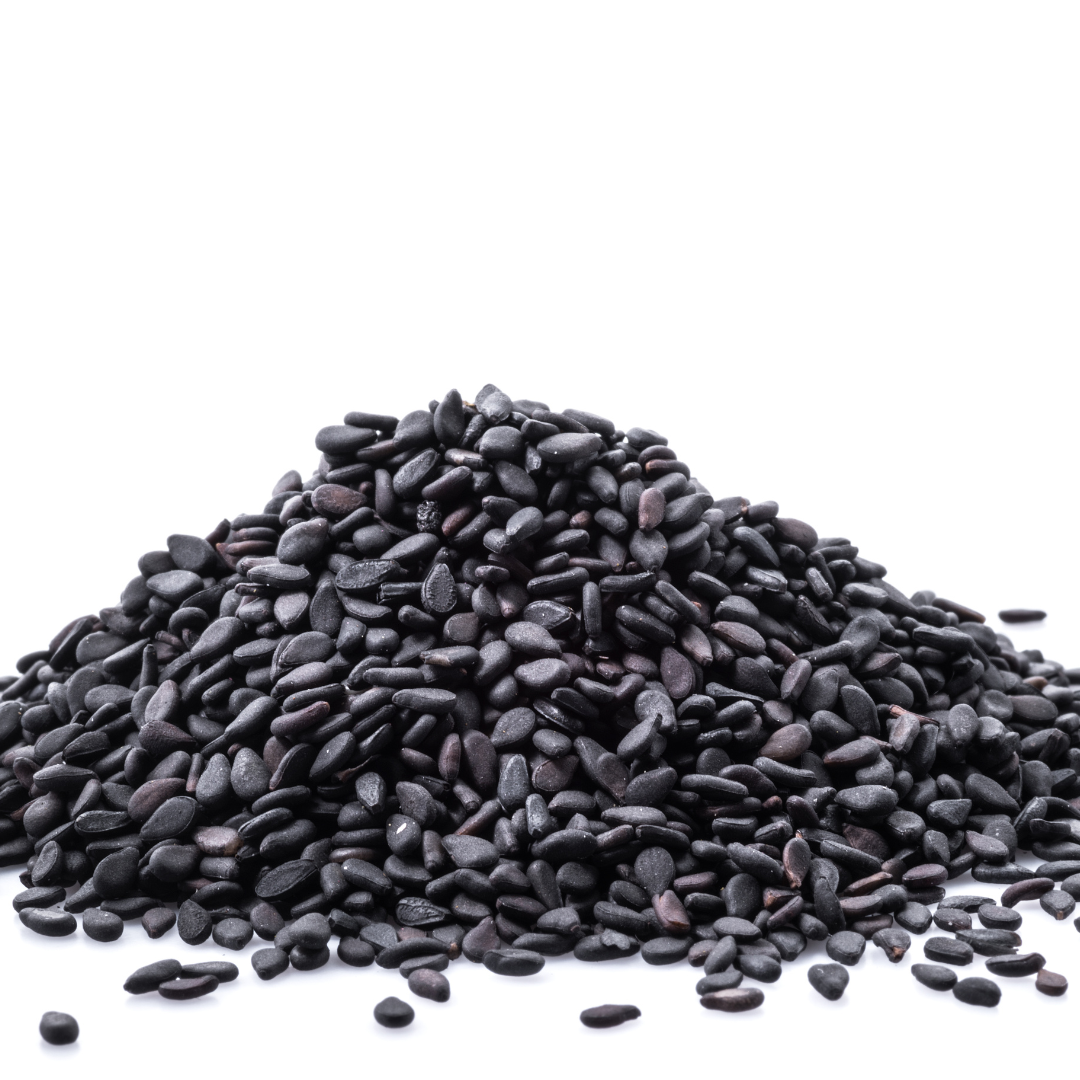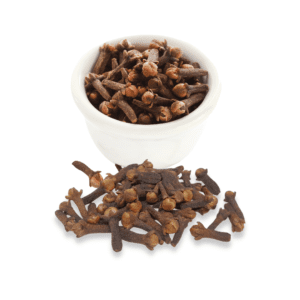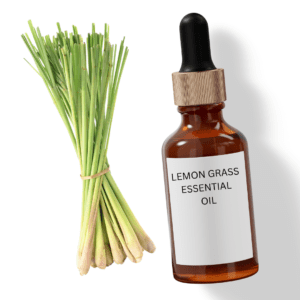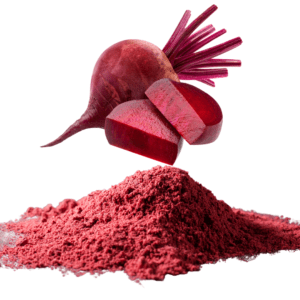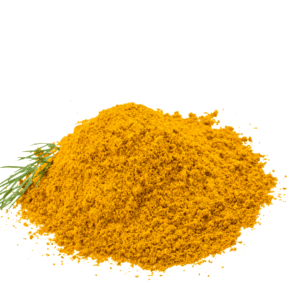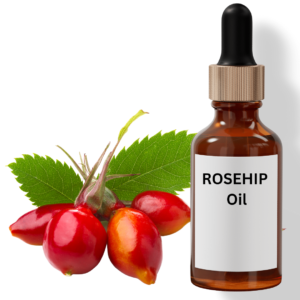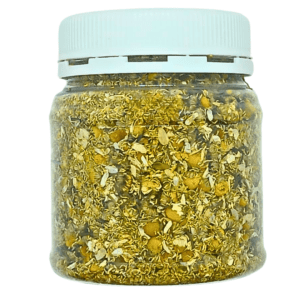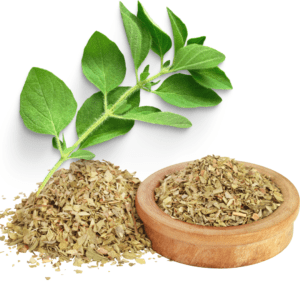Black Sesame Seeds:
Description: Black sesame seeds come from the sesame plant (Sesamum indicum) and are characterized by their small, flat, and dark-colored seeds. They have been a staple in various cuisines and traditional medicine for centuries.
Nutritional Breakdown: Black sesame seeds are a nutrient-dense food, providing:
- Healthy Fats: Predominantly monounsaturated and polyunsaturated fats.
- Proteins: Essential for various bodily functions.
- Dietary Fiber: Supports digestive health.
- Vitamins and Minerals: Rich in B vitamins, iron, magnesium, calcium, zinc, and other essential nutrients.
- Antioxidants: Sesamin and sesamol are antioxidants present in black sesame seeds.
Benefits:
- Heart Health:
- Monounsaturated and polyunsaturated fats contribute to heart health by supporting healthy cholesterol levels.
- Rich in Nutrients:
- Black sesame seeds are a concentrated source of essential nutrients, including iron, calcium, and magnesium.
- Antioxidant Properties:
- Sesamin and sesamol, antioxidants in black sesame seeds, help combat oxidative stress and inflammation.
- Bone Health:
- Calcium, magnesium, and zinc contribute to bone health, supporting overall skeletal strength.
- Digestive Health:
- Dietary fiber aids in digestion and promotes regular bowel movements.
- Blood Sugar Regulation:
- The fiber content and healthy fats may contribute to stabilizing blood sugar levels.
How to Use Black Sesame Seeds:
- Toast and Garnish:
- Toast black sesame seeds and sprinkle them over salads, soups, or stir-fried dishes as a flavorful garnish.
- Baking and Cooking:
- Incorporate black sesame seeds into baked goods, such as bread, muffins, and cookies, or use them in savory dishes.
- Smoothies and Yogurt:
- Add a spoonful of black sesame seeds to smoothies or sprinkle them over yogurt for added texture and nutrition.
- Dressings and Sauces:
- Blend black sesame seeds into salad dressings or sauces for a rich, nutty flavor.
- Asian Cuisine:
- Use black sesame seeds in traditional Asian dishes, such as sushi, noodles, or rice dishes.
- Desserts:
- Enhance desserts like ice cream, puddings, or rice cakes by incorporating black sesame seeds.
- Black Sesame Paste:
- Create a paste by grinding black sesame seeds with a bit of water or sweetener. This paste can be used in various dishes and desserts.
Caution:
- Allergies: Individuals with sesame allergies should avoid black sesame seeds.
- Moderation: While nutrient-dense, black sesame seeds are calorie-dense, so consume them in moderation as part of a balanced diet.
Always choose high-quality, food-grade black sesame seeds from reputable sources. Incorporating black sesame seeds into a diverse and well-rounded diet can contribute to overall health and nutrition. If you have specific dietary concerns or conditions, consult with a healthcare professional or a registered dietitian for personalized advice.

